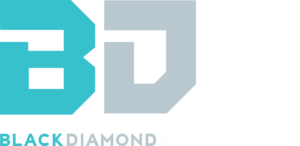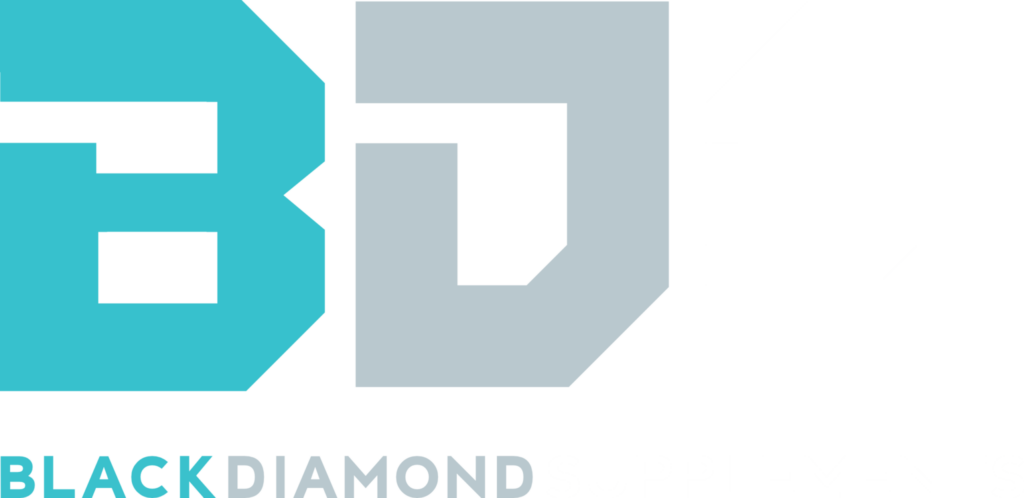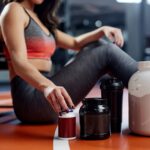When it comes to bodybuilding, fitness, and overall health, diet is one of the most important aspects. This is where you fuel your body to function and solicit different results depending on what you eat. When you’re trying to lose or gain weight, the main focus should be counting calories since a surplus will cause weight gain and a deficit will cause weight loss. Where you get your calories will determine where this weight will come from. Fat, muscle, or even water.
Here are a couple eating styles that you may have heard of, and their possible result benefits:
If It Fits Your Macros (IIFYM):
This way of eating has become very popular, mainly because it works, and it says that you can eat whatever food you want as long as it stays within your macro count. The problem with this is people take this too far and eat a ton of salty, fried, or baked foods that don’t have much nutritional value. A lot of these foods contain processed sugars, and “unhealthy” fats and a lot of salt, which can cause feelings of tiredness, energy crashes, acne, and water retention.
Someone who takes the clean approach to the diet will see results from exercise that are much better since the way you eat changes your body, and your goals. As you start gaining muscle mass, your metabolism will start to speed up, so you will be adjusting macros to compensate.
Low Carb/Atkins:
Low carb diets, such as the south beach and Atkins diets focus on lowering your daily carbohydrate intake to induce weight loss. This is fairly similar to the keto diet, but with Atkins, your body won’t enter ketosis. The idea behind if you limit the immediate energy in your body it is supposed to make your body run primarily off glycogen/body fat (stored energy), thus reducing body fat and weight.
For bodybuilders and powerlifters, this diet is not the best. The only time that would be plausible for either population to try a low carb diet is when trying to lean out for a show (bodybuilders) or trying to make body weight for a competition (powerlifting). Other than that, people will probably see a slow or halt in results.
Vegetable based diets
While these aren’t really diets as much as ways of life, people will start eating such ways for different health benefits, and while it can be difficult, powerlifters, bodybuilders, and other fitness professionals can see the results they are looking for. The health benefits mainly come from the fact that vegetables are full of vitamins and minerals that your body uses for many different roles in the body. Plus, the fiber from the vegetables has been seen to improve blood cholesterol levels and better heart health.
Semi-vegetarianism/Pescetarian/Pollotarian
These ways of eating are mainly fruits and vegetables, but the person will occasionally eat some sort of meat. Pescetarians limit this to fish and pollotarians limit this to chicken, which sounds a bit like most healthy or clean diets. You will find that there are different combinations of these types of diets, but the main thing that these diets stay away from is red meat like beef or pork.
Vegetarianism/Veganism
Both vegetarianism and veganism are meatless diets, but vegetarians will still eat animal products such as eggs and dairy. While they can be very healthy and beneficial, if people don’t eat the right combinations of foods, they can get fairly sick and start having nutrient imbalances and not enough protein in their diet which means no muscle gains. Do plenty of research when going this route, so you know when to mix your corn, rice, brown and black beans, and other incomplete proteins to make your own complete proteins. While difficult to master, you can see excellent results when becoming a vegetarian/vegan.
Wrap Up
There are many different ways of eating, and you should find something that works best for you. With mainstream diets like IIFYM where you are mainly focusing on the calories you are ingesting, there are a few apps like MyFitnessPal, and MyNetDiary that will help you keep track. As for the vegetable-based diets, there is plenty of information on YouTube, or from other articles on the best way of going about it while still maintaining and gaining muscle mass. Things to look out for when researching benefits of diets are outlandish claims like losing 15 lbs or gaining more than 2 lbs of lean muscle mass in a week, along with super low-calorie diets where you’re eating sub 1000 calories a day, which can be detrimental to your health. As always, do as much research as you can before you make any serious changes, and if you’re still looking for help, consult a healthcare professional or a dietitian to get the best idea of what to do.






